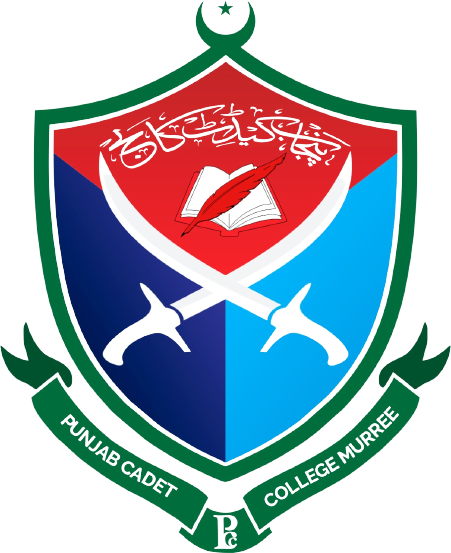Co-curricular activities are extracurricular pursuits that complement and enhance the formal academic curriculum. These activities offer students opportunities to explore their interests, develop new skills, and build character.
Benefits of Co-Curricular Activities
- Personal Growth: Co-curricular activities allow students to discover and develop their talents, passions, and unique abilities.
- Skill Development: These activities foster essential skills such as leadership, teamwork, communication, problem-solving, and critical thinking.
- Time Management: Balancing academics and co-curricular activities helps students develop strong time management and organizational skills.
- Social Skills: Participation in clubs and organizations provides opportunities to interact with peers, build friendships, and develop social skills.
- Character Development: Co-curricular activities instill values like responsibility, perseverance, and sportsmanship.
- Reduced Stress: Engaging in hobbies and interests can help alleviate stress and improve mental well-being.
Examples of Co-Curricular Activities
- Academic Clubs: Math clubs, science clubs, debate clubs, and language clubs.
- Arts and Music: Band, choir, orchestra, theater, and art clubs.
- Sports and Athletics: Intramural and varsity sports, fitness clubs, and outdoor activities.
- Student Government: Student council, class officers, and leadership roles.
- Community Service: Volunteer organizations, charity drives, and community outreach programs.
By actively participating in co-curricular activities, students can gain a well-rounded education that prepares them for success in college and beyond.
